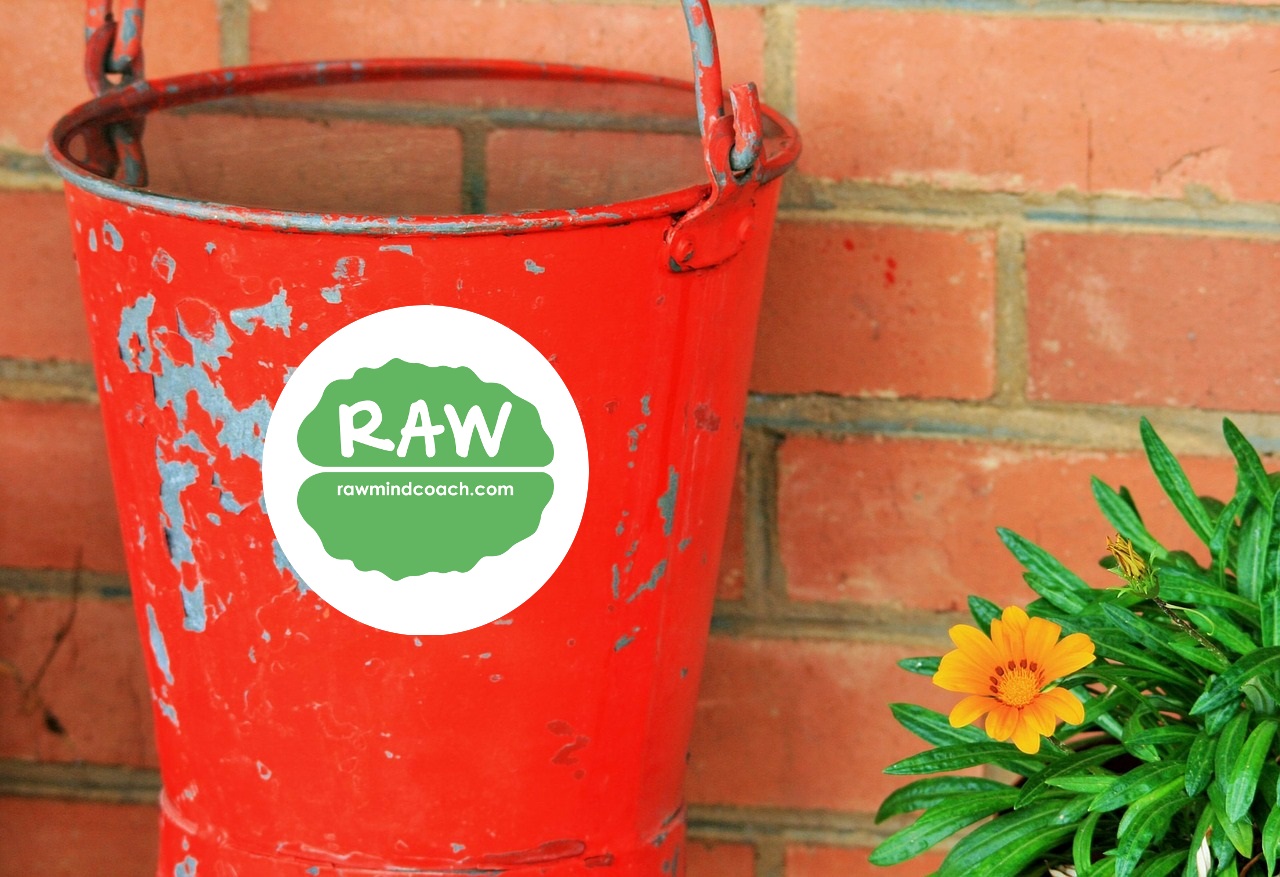There’s a US$1.15 trillion a year hole in my bucket, dear Liza

Some numbers are so staggeringly large it is hard to get your head around them. According to research from the World Health Organisation (WHO) US$925 billion per year is the amount depression and anxiety disorders are costing in lost productivity across the world’s 36 largest countries. Add in the rest of the world, and you get a global figure of US$1.15 trillion.
That’s a lot. To try to understand just how much, I did some calculations, using something I can actually get my head around – ice cream. Imagine I buy an ice cream for a dollar and that ice cream is 20 centimetres tall. Now imagine I purchased 1.15 trillion ice creams and laid them end to end. They would stretch to the moon and back 299 times.
Of course, this problem is not just about money, metaphorical buckets with holes in them or imaginary ice cream bridges to the moon. It’s a lot more serious than all that. What this phenomenally large figure actually represents is a vast amount of human suffering.
Well fix it, dear Henry
Human ingenuity is quite amazing. With a little time, money and brain power, we can do just about anything. We can put people on the moon, develop clean energy or kill enemy combatants with drone strikes from comfy chairs on the other side of the world. It’s all just a matter of priorities, really.
Workplace mental health is a great, big, obvious problem which has been begging to be fixed for many decades. We know that anxiety and depression are preventable conditions. We know that taking action generates positive financial returns (in fact, the WHO study’s authors tell us that every $1 invested in scaling up treatment for depression and anxiety leads to a $4 return in better health and ability to work). We know that if we continue to do what we are doing, this problem is not going to go away.
Despite the well-researched benefits of taking action, most governments can’t claim to be making mental health a real priority. According to the WHO, governments on average spend only 3% of their health budgets on mental health, with the proportion ranging from less than 1% in low-income countries to 5% in high-income ones.
Employers, who stand to benefit the most, also routinely underinvest. Despite mental health being the biggest cause of workplace injury, it is commonly overlooked as a health and safety issue. Very few organisations have comprehensive mental health strategies in place and an alarmingly small percentage could be said to be taking serious action.
With what shall I fix it, dear Liza?
Currently organisations have a surprising amount of faith in the power of cupcakes to solve mental health issues. Hold an annual morning tea, roll out a tray of cupcakes and everything should be fine…. right?
If we want to fix things, it (perhaps unsurprisingly) turns out that evidence-based mental health interventions are what’s actually required.
Too often, corporations confuse wellness initiatives and awareness programs, with mental health interventions. It’s fine to give everyone pedometers, get in a motivational speaker and take the sales team fire walking, but unfortunately all this may have about the same level of benefit as the cupcakes.
Instead we need to equip workers with the appropriate knowledge, skills and support. A prime motivator behind the development of Mindarma was to make it easy for organisations to start making a real difference. Our idea was to create a preventative program which was affordable, scalable, business-friendly and most importantly, evidence-based.
Having done the research, we know it works. Mindarma builds psychological resilience and can equip workers with a range of skills to help them perform some of the world’s most challenging roles. Already, it is being used by paramedics, doctors, teachers, journalists and others in high stress corporate jobs.
While we are extremely glad to see Mindarma making a difference, it is just part of the solution. Every organisation should devote some time, money and brainpower to developing a comprehensive mental health strategy. Doing so can not only boost the bottom line, it can prevent suffering and make your organisation a better place to work.
Not sure where to start? Contact us, check out this helpful framework article from the Workplace Mental Health Research Team at UNSW, or speak with our friends at the Black Dog Institute.